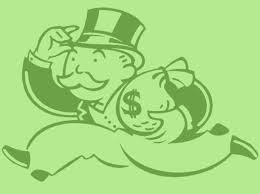The temptation of 'self-reliance'
'Self-reliance' has come to India. However, in its current avatar, it looks less like a confident country aspiring for a great future but rather like this staged street-corner bonfire of foreign (chinese) products. In a volte face par excellence, many Indian commentators, who snigger at 'Nehruvian Socialism' and the strategy of 'import substitution' followed by post-Independence India, are suddenly champions of 'Atmanirvar' Bharat. This, of course, doesn't mean that they have belatedly realised Nehru as a genius. They, and various Trump-loving American commentators after them, believe that this time, self-reliance is different. It is not about North Korea style autarky; instead, some kind of magical open closedness (or closed openness as it may be) that would let India have its cake and eat it too. "We can import anything as long as it's made in India", the Prime Minister is reported to have told a group of businessmen recently. This ...


